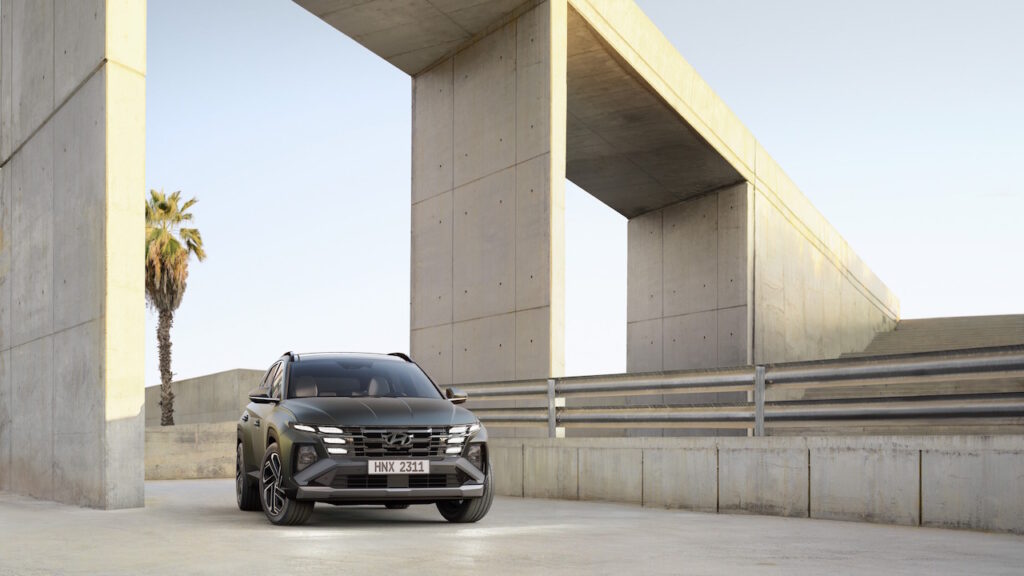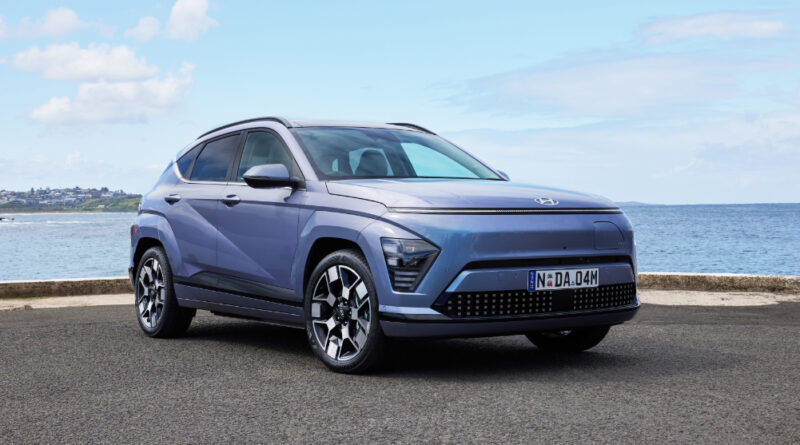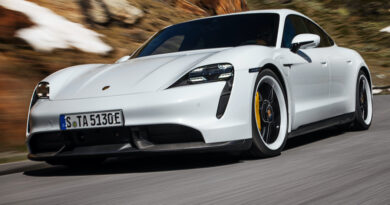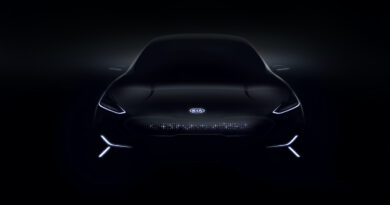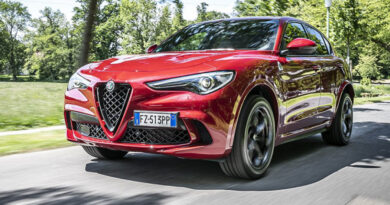Give credit where it’s due! Hyundai calls for more EV support under Labor’s new CO2 reduction scheme
The federal government’s tough new fuel efficiency standard has been endorsed by Hyundai – but with provisos.
The Australian arm of the Korean auto giant wants increased reward for selling zero emissions vehicles in the form of ‘super credits’ so it can keep cheaper C02-emitting petrol and hybrid models in its showrooms longer.
And it wants the $100 per gram fine proposed for exceeding CO2 emissions limits under the governments preferred ‘Option B’ version of the New Vehicle Efficiency Standard (NVES) reduced.
READ MORE: Could a tiny $30,000 2024 Hyundai Casper electric SUV challenge the BYD Dolphin and MG4 in Australia?
READ MORE:
A stack of lies you could drive a Toyota HiLux through | Opinion
READ MORE: It’s a green light for electric vehicles! Aussie CO2 standard tough on Toyota, SUVs and utes
“We see the merit in Option B,” Hyundai Motor Company Australia COO John Kett said at this week’s Hyundai i30 Hybrid sedan launch. “We can get to B, but we need some support.”
The objective of the NVES is to accelerate the move to low and zero emissions vehicles and away from traditional CO2-emitting vehicles that are contributing to the climate crisis.
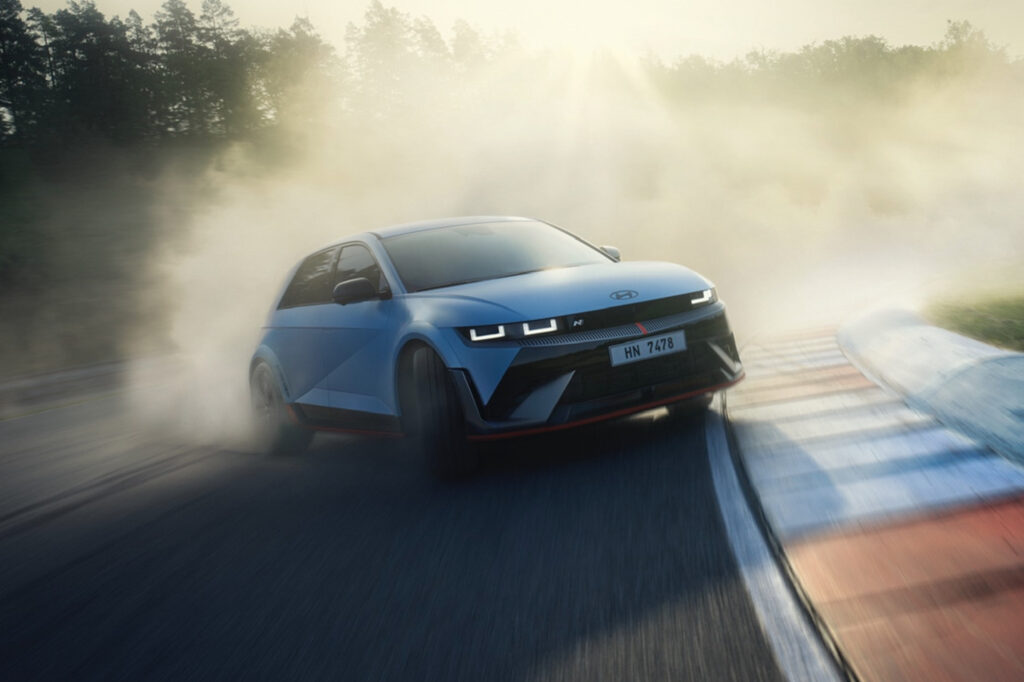
The federal government is now seeking submissions and feedback on the NVES. It wants that process completed within two weeks and legislation introduced to parliament soon after. It is scheduled to be in-place on January 1 2025.
The NVES will work by providing car companies with targets for average emissions per kilometre from new vehicles sold. Makers who have a corporate average below the limit will gain credits, those who exceed the limit will have to either buy credits from other brands or pay fines.
The super credits system proposed by Hyundai would mean electric vehicles would generate credits at a multiplier rate – potentially 1.25 or 1.5 – and therefore subsidise CO2-emitting vehicles in the line-up.
“So the reward for having a strong EV penetration and hitting a certain threshold enables you to keep the accessible-priced vehicles a lot longer,” said Kett. “So that gives you between now and 2030 to try and evolve and resolve that sort of technology.”
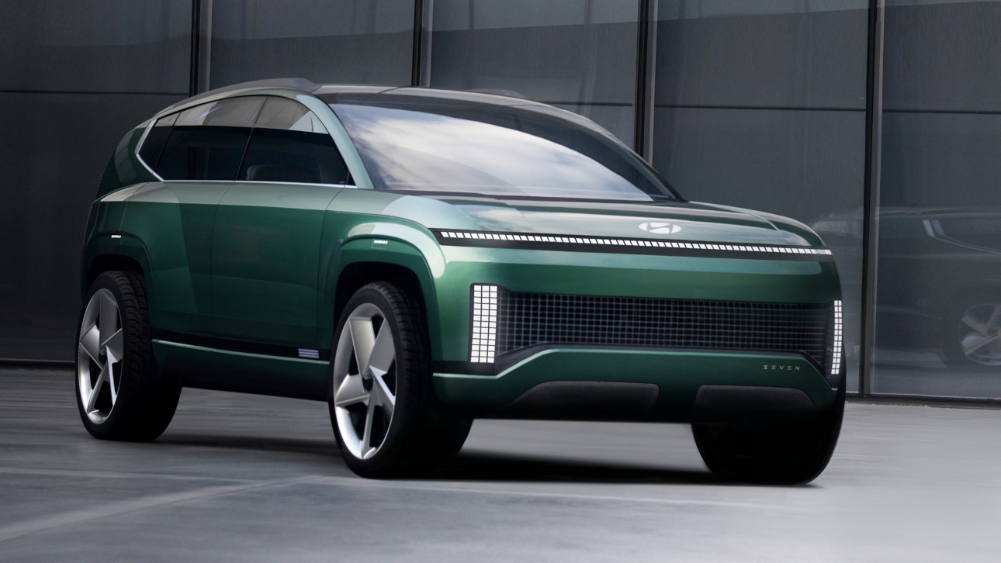
Kett’s pitch is a blunt admission that EVs are unlikely to drop to price parity with traditional ICE vehicles any time soon.
But with a stream of zero emissions EVs and low emission petrol-electric hybrids on the way, Hyundai clearly sees itself in a strong position to adapt to the NVES.
That’s in in contrast to some other major brands selling in Australia for whom the NVES is an existential threat.
The auto industry’s peak body the FCAI has also expressed deep reservations about the federal government’s preferred ‘Option B’ NVES.
“If the credit system were to work the way we hope, it would extend that entry-level ICE [internal combustion engine] portfolio and hybrid portfolio for longer,” said Kett.
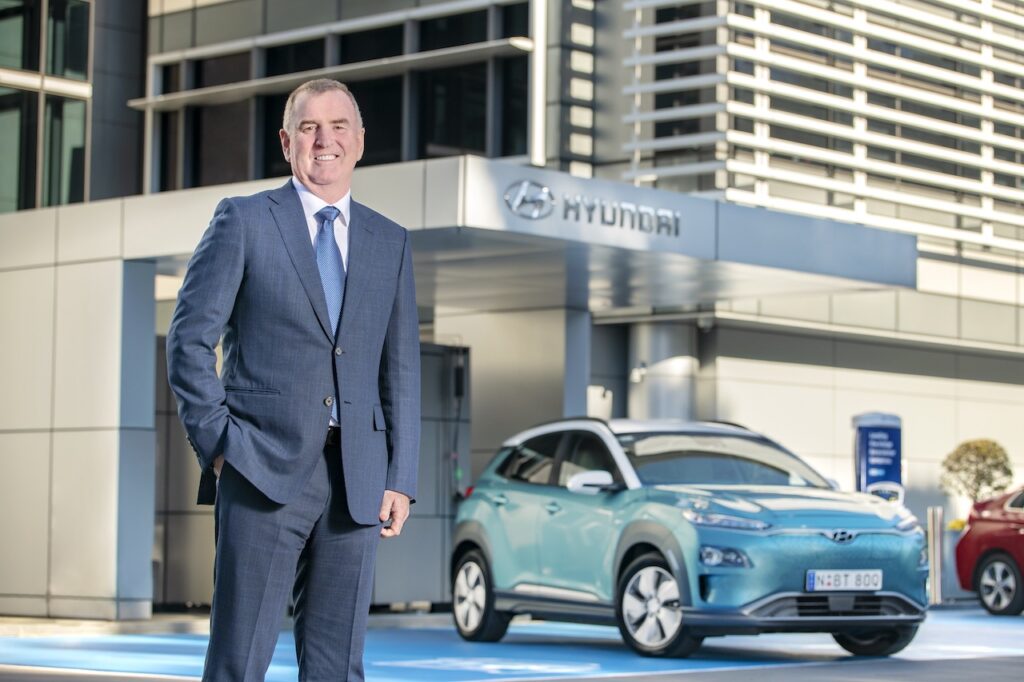
“The consumer needs to be protected by clear and well-balanced credit systems that enable you [an auto brand] – if you have invested in EVs and have a critical mass of EVs – to retain a stream of ICE vehicle or marginal hybrid vehicles.”
The second generation Hyundai Kona electric is now on-sale, the Ioniq 5 N high-performance EV launches this month and the Ioniq 7 full-size SUV arrives in the second half of 2024. An entry-level $35,000 Hyundai Casper EV is expected to be unveiled this year and soon after confirmed for Australia.
There are also two electric utes expected to go on-sale in Australia within the next couple of years.
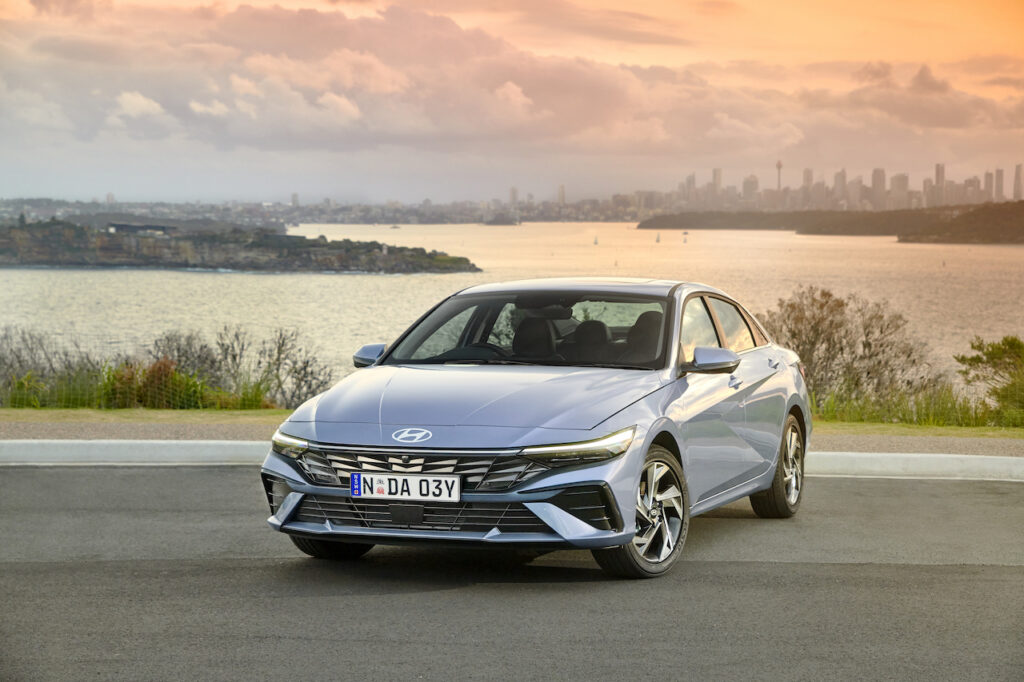
Low emission hybrids are an increasingly significant part of Hyundai’s line-up too. Both the updated Tucson and the new Santa Fe will add hybrids this year and the facelifted i30 will come with a 48v mild hybrid.
“We are well placed and that’s a recognition of five to 10 years of ploughing our way through low volumes and low returns and lots of questions about ‘what are you guys doing?’,” said Kett.
“So I think there is an element of reward for that.”
Super credits and a $40 fine per gram were proposed under the less onerous ‘Option A’ NVES endorsed by the FCAI and published in the federal government’s impact analysis.
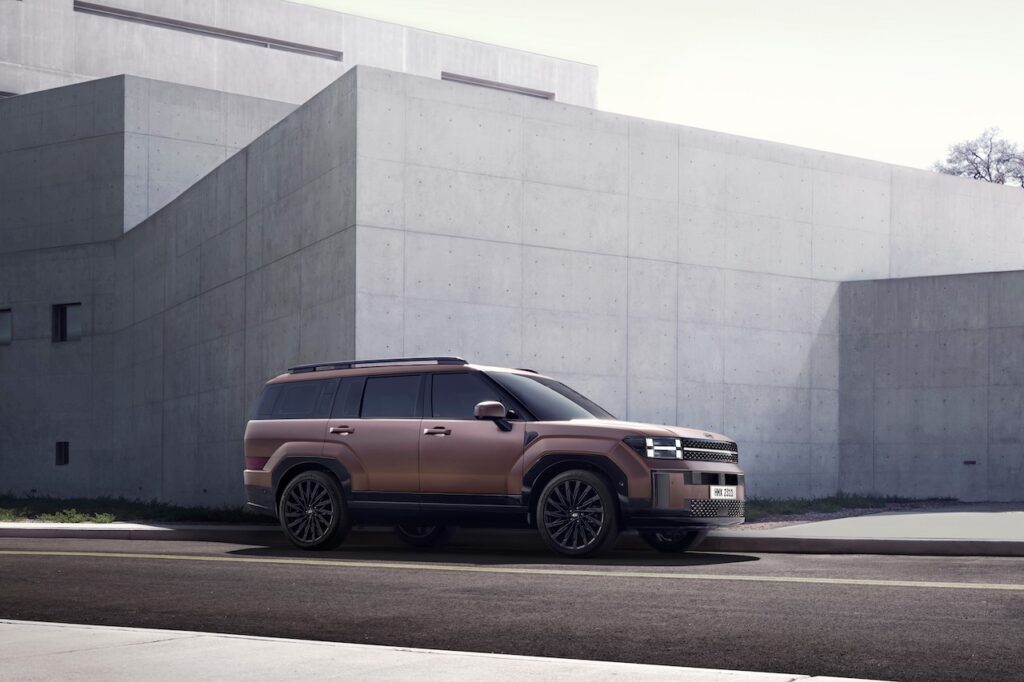
Kett is an FCAI board member but was distancing himself and Hyundai from the lobby group’s claim the NVES would cost up to $38 billion over its first five years.
The claim, based on the assumption NVES would trigger no behavioural changes among consumers or car companies, has been widely panned.
Opposition leader Peter Dutton has also jumped in, describing the NVES as “Albo’s ute tax”.
“At the moment it’s a lot of politics, a lot of things that make it sound like this is a catastrophe,” cautioned Kett. “It allows people with special interests to get in there and we read incredible stories on a daily basis.
“We need to step our way through this,” he added. “As long as you are showing an intent to innovate and demonstrate that factually with an evolution of portfolio, we need to find a pathway to keep that choice in Australia and keep this industry of 1.1 million [sales per annum] alive. “That’s the humanity side of it.”
